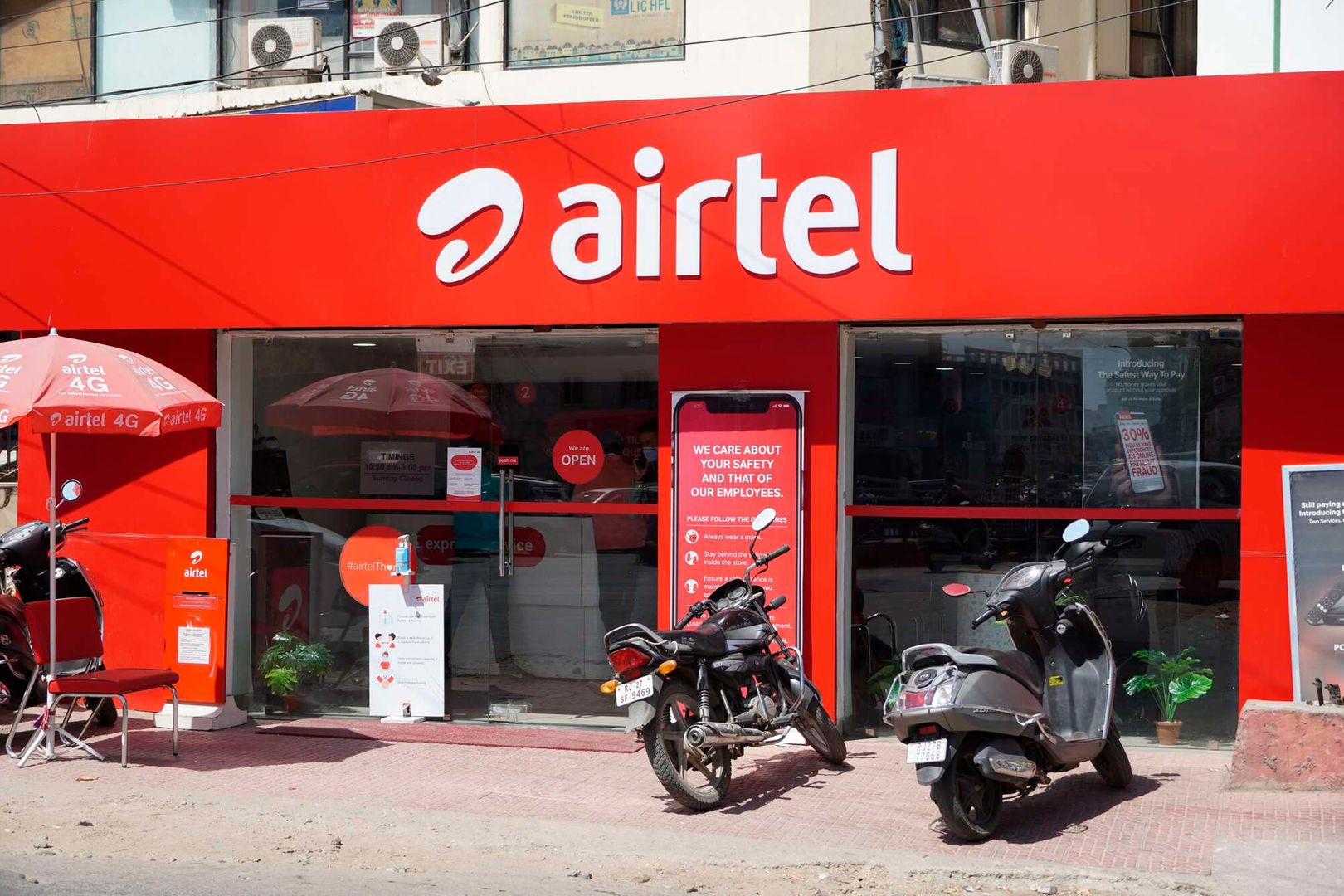
The additional 9.1 percent stake in Airtel Uganda will be sold by its parent company
Airtel Africa, the majority shareholder of Airtel Uganda, is preparing to sell an additional 9.11 percent stake in a secondary offer to meet the requirement to transfer a minimum of 20 percent of its shares to minority investors who trade on the Uganda Securities Exchange (USE).
In November 2023, the multinational was able to sell 4.35 billion shares, which is equivalent to a 10.89 percent stake in Airtel Uganda’s initial public offering (IPO). The IPO was open to domestic and foreign investors, including Kenyans. However, the multinational was unable to satisfy the ownership rule.
In its most recent annual report, Airtel Africa announced that it has been granted a regulatory extension to sell the remaining 3.64 billion shares by November 2026. This action will be similar to that of MTN Group, which successfully offloaded a 20% stake in MTN Uganda in two transactions, including a secondary offer that was completed last month.
Airtel Africa reports that on November 7, 2023, Airtel Uganda listed 10.89 percent of its shares on the Uganda Securities Exchange (USE) in accordance with the Uganda Communications (Fees and Fines) (Amendment) Regulations 2020. This regulation mandates that all national telecom operator licensees list 20 percent of their shares on the USE.
“Airtel Uganda was granted an extension by the USE until November 6, 2026, to provide the shortfall in order to achieve the 20 percent listing.”
During the initial public offering (IPO), Airtel Africa sold its shares at a price of Ush100 ($0.027) each. In an effort to entice investors, the company also issued incentive shares based on a range of subscription volumes. For instance, retail investors who submitted applications for more than 2,500 shares were granted 10 complimentary shares for each 100 shares allocated. Institutional investors who submitted applications for a minimum of 1.85 billion shares were granted 112 complimentary shares for each 100 shares allocated.
The IPO, which saw Uganda’s National Social Security Fund (NSSF) acquire approximately 97 percent of the allocated shares, only achieved a subscription rate of 54.45 percent, despite the incentive shares, which represented a discount on the offer price.
The telco’s IPO’s subpar performance was partially due to the exclusion of Airtel Money, which is owned separately by Airtel Africa and a group of other institutional investors. MTN Uganda provided the investing public with access to both its mobile money and telecommunications businesses.
The share price of Airtel Uganda has decreased to Ush70 ($0.0189) since its IPO, suggesting that its parent company may provide more substantial discounts to satisfy the local ownership requirement in the forthcoming secondary offer.
Airtel Uganda, which provides data, SMS, and voice services, maintains a dividend policy that involves the distribution of at least 95% of its net income.
Last month, MTN Group sold an additional 7.03 percent stake in MTN Uganda’s oversubscribed secondary offer, resulting in an 80 percent ownership stake in the subsidiary. In the transaction that included incentive shares, it sold 1.57 billion shares at a price of Ush170 ($0.0459) each.
MTN Uganda’s November 2021 IPO, in which the multinational sold a 12.97 percent stake at a price of Ush200 ($0.054) per share and offered incentive shares, exhibited a lower discount.
The secondary offer’s pricing was adjusted to reflect the current share price of MTN Uganda, which is Ush170 ($0.0459). Ugandan and foreign investors were permitted to acquire MTN Uganda shares.
The book closure date for MTN Uganda’s final dividend of Ush6.4 ($0.0017) per share was extended from June 4 to June 12, which also contributed to the success of its secondary offer. This allowed investors who participated in the offer to be eligible for the compensation. The offer expired on June 10.
MTN Uganda, which intends to distribute at least 60% of its earnings as dividends, has garnered the attention of prominent Kenyan investors, including billionaire Baloobhai Patel, the Central Bank of Kenya, and the National Social Security Fund.
Uganda is committed to enforcing the local ownership rule; however, Kenya eliminated this requirement last year. Consequently, Airtel Kenya was relieved of the obligation to seek investors to acquire a 30% stake in the company.
All Categories
Recent Posts
Man United could lose Yoro, which would be a huge blow
McCarthy: I am able to change things in Kenya
Tags
+13162306000
zoneyetu@yahoo.com



